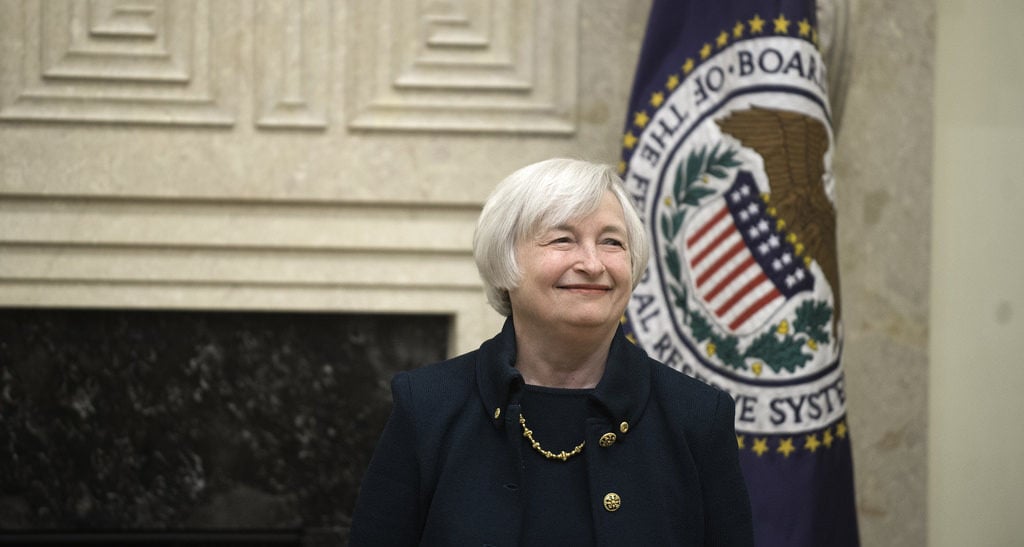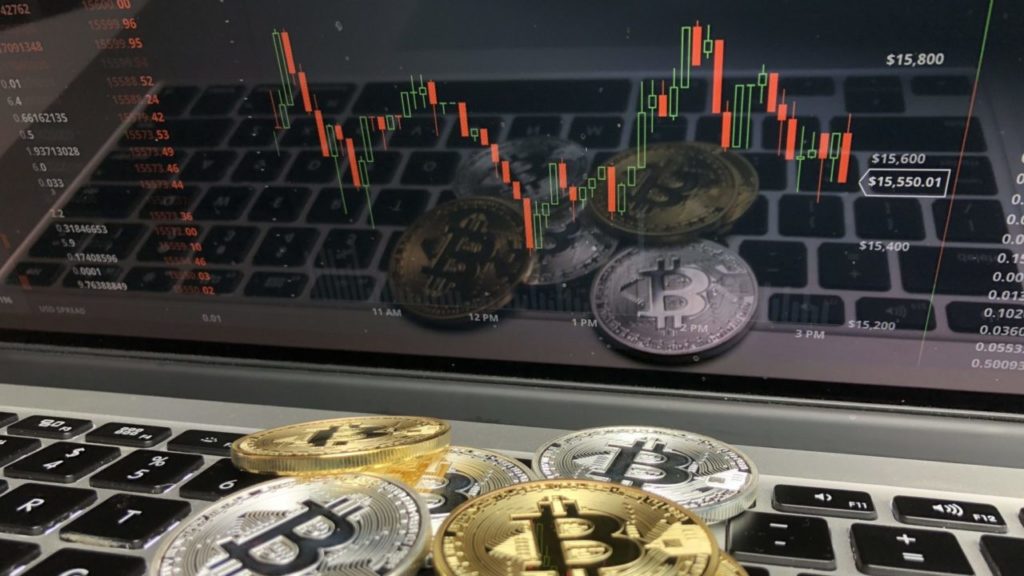Janet Yellen, our Federal Reserve chair, is confident that our economy will not experience another financial crisis like we have seen before in our lifetime.
You may think this is an exaggeration. So, why don't you take Yellen's own words for it:
"I think the system is much safer and much sounder," Yellen said via CNBC. "We are doing a lot more to try to look for financial stability risks that may not be immediately apparent but to look in corners of the financial system that are not subject to regulation, outside those areas in order to try to detect threats to financial stability that may be emerging."
Many believe there is no sound reason to believe Yellen says. However, the strength of the banks—as demonstrated by the FED's recent test of financial stability in adverse conditions—lends some home—but, not a lot.
The FED's "stress tests" pitted 34 major banks to see these institutions have enough capital to provide a return of cash to shareholders. These stress tests are a part of the Dodd-Frank Wall Street Reform Act and have been long awaited to test to full strength of America's banking infrastructure in wake of crashes.
Have in mind that the tests involved cases of places banks in environments in a stricter regulatory noose, 10 percent interest rates, and other major changes to sustain a banking infrastructure.
But, given how the economy is a natural being—almost—the flow of capital and the health of the American marketplaces seem to be ripe for another major downturn. The only question then is, when?
The optimism of Yellen is a reflection on what has been considered overly optimistic FED projections ever since the recovery phase of the Great Recession of 2007-08.
Eshe Nelson, a columnist for Quartz, pointed out that Yellen isn't the only one speaking so highly of recovery.
Nelson wrote that, "Mark Carney, the governor of the Bank of England and chair of the international Financial Stability Board, said this week that issues of the last financial crisis had been “fixed“—yes, fixed!"
And right in time for the G20 to meet. In fact, Carney appeared very optimistic when he penned a letter to all G20 members on the economic stability the international community has enjoyed in recent months, and years.
"A decade after the start of the global financial crisis, G20 reforms are building a safer, simpler
and fairer financial system," Carney wrote. "The largest banks are considerably stronger, more liquid and more focused."
Some major achievements that Carney pointed too, as a highlight of the FSB's ability, include reforms targeting "shadow banking" and promoting "resilient market-based finance."
Ultimately, we are not up global-financial-instability creek without a paddle.
Still, though, some don't buy it. Banking reforms shouldn't be indicators of economic progress. All that has really been done is that banks experienced recapitalization at the costs of savers and transferred any current and future risks to predominantly private sector entities.
According to Dent Research, corporate debt is still high, consumer debt is at record levels, subprime auto loans are high, and the student debt crisis is becoming more of an epidemic of biblical scale.
Are these results "artificial financial engineering?"
That's up to you to decide.
MORE OPINIONS ON CAPITALISM.COM:
• Why Our Economy Needs ‘Decomposer’ Capitalists: Investing in Non-Performing Assets
• How the Federal Reserve Impacts Small Business
• Does Government Stimulus Help the Economy?







